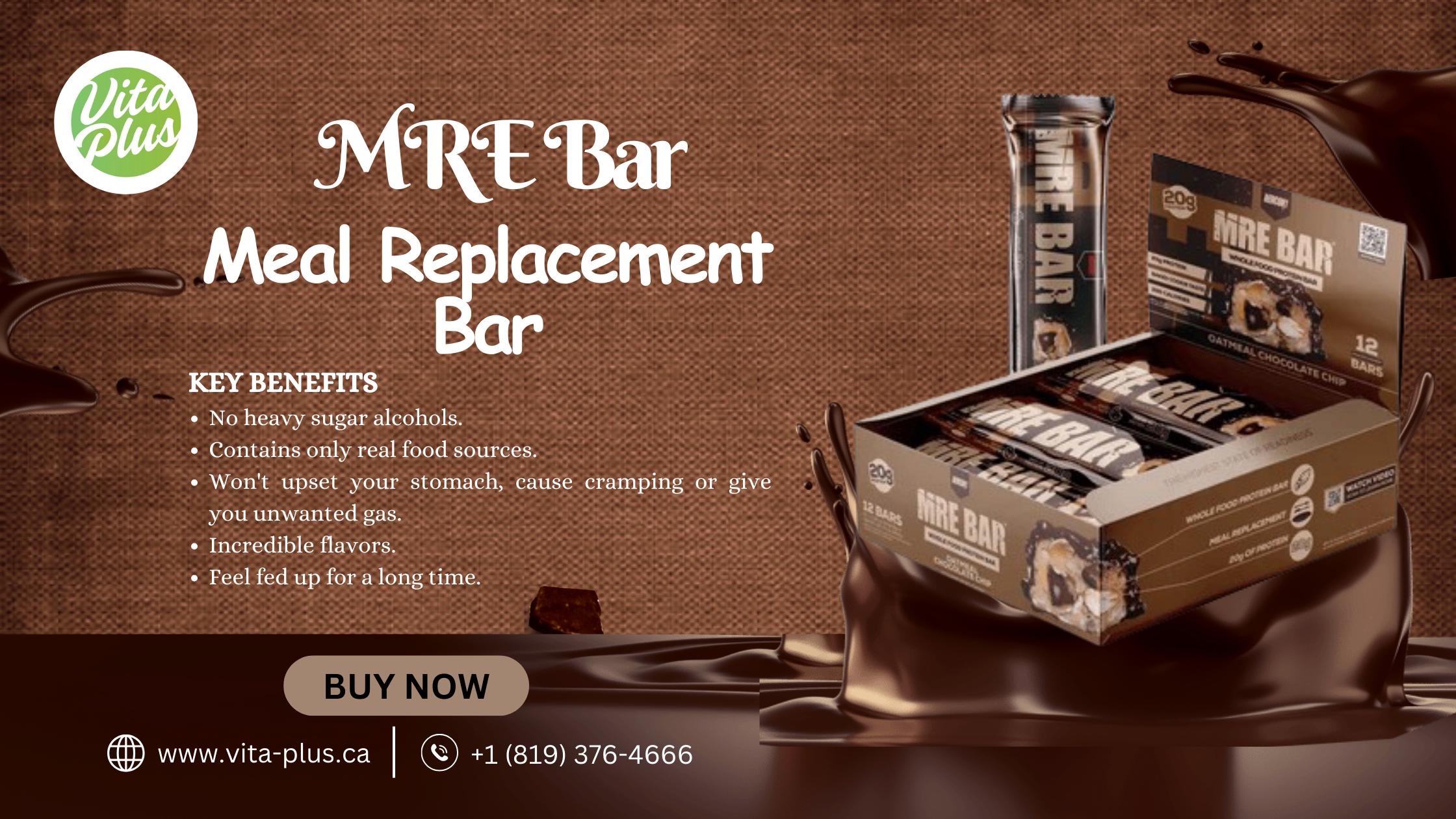Building muscle is a goal that requires not just dedication in the gym, but also a keen focus on nutrition, with protein playing a pivotal role. If you’re striving to enhance your muscle growth, understanding how to effectively increase your protein intake is essential. This guide will equip you with practical strategies and insightful tips to seamlessly integrate more protein into your diet, ensuring your body has the necessary building blocks to repair and grow muscle tissue. Whether you’re a seasoned athlete or a fitness newcomer, this article will confidently lead you through the steps to optimize your protein consumption, aligning your nutritional habits with your muscle-building ambitions.
Understanding Proteins Role in Muscle Development
When it comes to building muscle, understanding the pivotal role of proteins is essential. Proteins are the building blocks of muscle tissue, facilitating repair and growth after intense workouts. Consuming adequate protein not only aids in muscle recovery but also enhances muscle hypertrophy, the increase in muscle size. This process is crucial for anyone looking to gain strength and improve physical performance. To effectively boost your protein intake, it’s important to incorporate a variety of protein sources into your diet. Diversifying your sources ensures that you receive a complete profile of essential amino acids, which are necessary for optimal muscle development.
- Lean meats: Include chicken, turkey, and lean cuts of beef or pork. These provide high-quality protein and essential nutrients.
- Fish: Opt for salmon, tuna, or mackerel, which are rich in protein and omega-3 fatty acids, promoting muscle health.
- Plant-based options: Beans, lentils, and chickpeas are excellent sources of protein for those following a vegetarian or vegan diet.
- Dairy products: Greek yogurt, cottage cheese, and milk offer a convenient and tasty way to increase protein intake.
- Protein supplements: Consider whey or plant-based protein powders to easily meet your daily protein goals, especially post-workout.
By integrating these protein-rich foods into your meals, you’ll provide your muscles with the nutrients they need to grow stronger and more resilient. Remember, consistency is key in your dietary habits to see long-term results in muscle development.

Selecting the Best Protein Sources for Optimal Gains
When aiming to maximize muscle growth, choosing the right protein sources is crucial. Lean meats such as chicken breast and turkey are excellent options due to their high protein content and low fat levels. Fish, especially fatty varieties like salmon and tuna, not only provide protein but also essential omega-3 fatty acids, which support overall health and muscle recovery. For those who prefer plant-based options, legumes like lentils and chickpeas offer substantial protein alongside fiber, making them a hearty addition to any meal.
- Eggs: Packed with high-quality protein and essential amino acids.
- Greek Yogurt: A dairy delight that boasts a higher protein content than regular yogurt.
- Quinoa: A complete protein source that is also gluten-free, perfect for varied diets.
- Nuts and Seeds: Almonds, chia seeds, and flaxseeds provide not just protein but healthy fats as well.
By incorporating a variety of these protein sources into your diet, you can ensure that you’re providing your muscles with the necessary building blocks for growth and repair. Experiment with different combinations to keep your meals exciting and nutritionally balanced.

Incorporating Protein-Rich Foods into Your Daily Diet
Maximizing your muscle growth journey starts with the right nutrition strategy. To elevate your protein intake, focus on integrating a variety of protein-rich foods that not only support muscle synthesis but also enhance overall health. Start by prioritizing whole foods such as lean meats, fish, and poultry. These options are not only rich in protein but also packed with essential amino acids crucial for muscle repair and growth.
- Eggs: A powerhouse of high-quality protein and vital nutrients. Enjoy them boiled, scrambled, or in an omelette to kickstart your day.
- Greek Yogurt: A creamy delight that packs a protein punch. Perfect for breakfast or as a post-workout snack.
- Legumes: Beans, lentils, and chickpeas are excellent plant-based protein sources. Incorporate them into soups, salads, or stews for a hearty meal.
- Nuts and Seeds: Almonds, chia seeds, and pumpkin seeds are not only rich in protein but also in healthy fats and fiber. Sprinkle them over your yogurt or oatmeal.
- Quinoa: A versatile grain that’s a complete protein source. Use it as a base for salads or as a side dish.
By diversifying your protein sources, you ensure a balanced intake of essential nutrients while keeping your meals exciting and satisfying. Remember, consistency is key in your dietary habits to achieve those muscle-building goals.

Maximizing Protein Absorption for Enhanced Muscle Growth
To ensure your body is primed for optimal protein absorption, focus on nutrient timing and food combinations. Consuming protein-rich foods or supplements after a workout is crucial, as muscles are more receptive to nutrients post-exercise. Pairing protein with a carbohydrate source can enhance absorption by stimulating insulin release, which helps shuttle amino acids into muscle cells.
- Include lean meats like chicken or turkey in your meals.
- Incorporate plant-based proteins such as beans, lentils, and quinoa for variety.
- Choose high-quality protein supplements like whey or plant-based protein powders.
- Consume small, frequent meals throughout the day to maintain a steady influx of amino acids.
Additionally, don’t overlook the importance of digestive health. A well-functioning digestive system ensures that proteins are effectively broken down into amino acids. Consider incorporating foods rich in probiotics, like yogurt or fermented vegetables, to support gut health and enhance nutrient absorption.
Key Takeaways
Incorporating adequate protein into your diet is a critical step in optimizing muscle growth and enhancing your overall fitness journey. By understanding your protein needs, selecting diverse sources, and strategically timing your intake, you can effectively support your body’s muscle-building processes. Remember to assess your progress regularly and adjust your intake as needed to align with your evolving fitness goals. With commitment and consistency, the strategies outlined in this article will empower you to harness the full potential of protein for muscle growth. Stay focused, stay informed, and watch as your efforts translate into tangible results.




